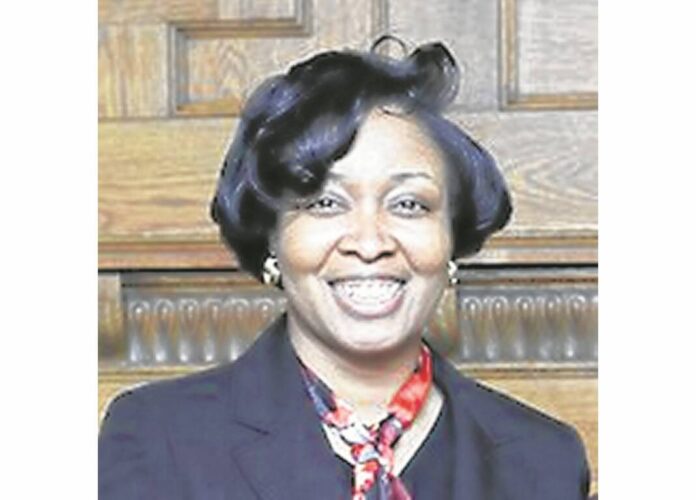I finally had some extra time this week to take in the Disney live-action remake of its 1989 animated film, “The Little Mermaid.” I had watched Halle Bailey, the African-American actress and singer cast as Ariel, perform the movie’s beloved song “Part of Your World” on “American Idol” prior to its release. Bailey nailed every note while lending her own uniqueness to the original score, and it was the perfect promotion for those anxiously awaiting the retelling of this treasured story.
“The Little Mermaid” has now been in theaters for three weeks, and reviews from critics have been mixed, while the audience score on Rotten Tomatoes currently sits at a solid 94%.
There has also been some controversy regarding audience ratings overseas. The IMDB site applied an “alternate weighting calculation” in Canada, the United Kingdom, Brazil and Mexico due to suspicion of racist review-bombing related to opposition of Bailey portraying Ariel. While not all negative reviews are due to racism, much of the online U.S. backlash that Bailey received in 2019 when Disney announced her in the lead role was a distressing display of hatred.
I never expected Bailey’s depiction of Ariel to be like the animated version, and I would think that a reasonable and diehard fan who was a child when the ‘89 film debuted shares this perspective. The only drawback of the movie in my opinion is that the photorealism of the sea and sea creatures takes away some of the magic from the original storyline. The ambiance of the crab Sebastian’s jammin’ symphony “Under the Sea” just isn’t the same with real-life looking sea turtles and starfish floating around.
Another example is the hilarious scene in the original film when Ariel wonders what a fork is and asks Scuttle, her seagull pal, for his expertise on the matter. Scuttle amusingly determines it’s a “dingle hopper” for styling human hair and uses the fork to roll his head feathers into a poofy “aesthetically pleasing configuration,” something that live-action cannot recreate.
The live-action shortcomings, however, are minor considering the offense many viewers had regarding the new diversity in the film. Some did not like the multicultural makeup of Ariel’s sisters that included name changes with them ruling different oceans. Some Google reviewers felt that Disney’s additions were “woke” enforced and that the film was “black-washed.”
All of this political correctness squabbling is really unfortunate when considering how children of different racial and ethnic backgrounds have fallen in love with “The Little Mermaid” for over three decades. When I went to see the remake, there were only two other families, one Black and one white, in the theater. This was most likely due to the 11:30 a.m. showing I selected.
I noticed that the children laughed at the scenes they found funny along with their parents, and I’m pretty sure these kids were not thinking about race in the plot. That’s the beauty of childhood innocence. Children who saw the 1989 film are now in their 40s. For those who have racial opposition to the remake, if they would sincerely think about how they perceived the movie when they were in elementary school, I bet most would remember they did not have these racial hang-ups as kids. This would only be the case if they came from a home that indoctrinated them with racist views at an early age.
The main lesson of “The Little Mermaid” to me has always been protecting the worth of your gifts and talents and to avoid making covenant agreements with malicious people like Ursula the sea witch, who momentarily stole Ariel’s voice. If I had a young daughter who watched the remake, I would tell her that in the real world, she must guard and cherish her God-given gifts and recognize the exceptionalness of her voice.
I love how James 1:17 says that “Every good gift and every perfect gift is from above,” referencing God the giver as “the Father of lights.” Gifts, whether musical, athletic, artistic or scholastic, are distinctively imparted in us from God to share with and bless others. And with these gifts, young girls must be aware of the Ursulas of the world, vindictive individuals who are envious and seek to pilfer their most valuable assets.
We would have a much more fruitful and purposeful discussion of “The Little Mermaid” if we focused on the life lessons in the film that all people can relate to, which made it a timeless classic. Critiques and reviews are necessary, of course, but being mean-spirited about a racially diverse cast profits us nothing.
Dr. Jessica A. Johnson is a lecturer in the English department at The Ohio State University-Lima. Reach her at [email protected] or on Twitter @JjSmojc. Her opinion does not necessarily represent the views of The Lima News or its owner, AIM Media.







